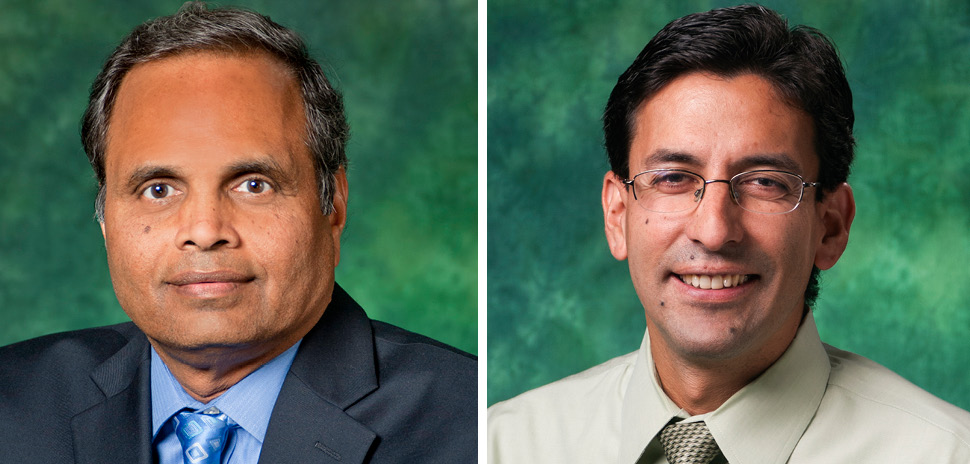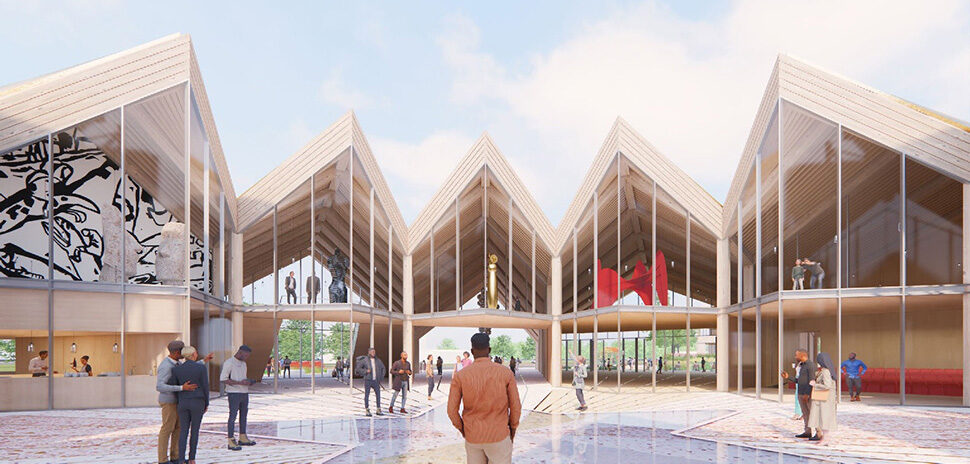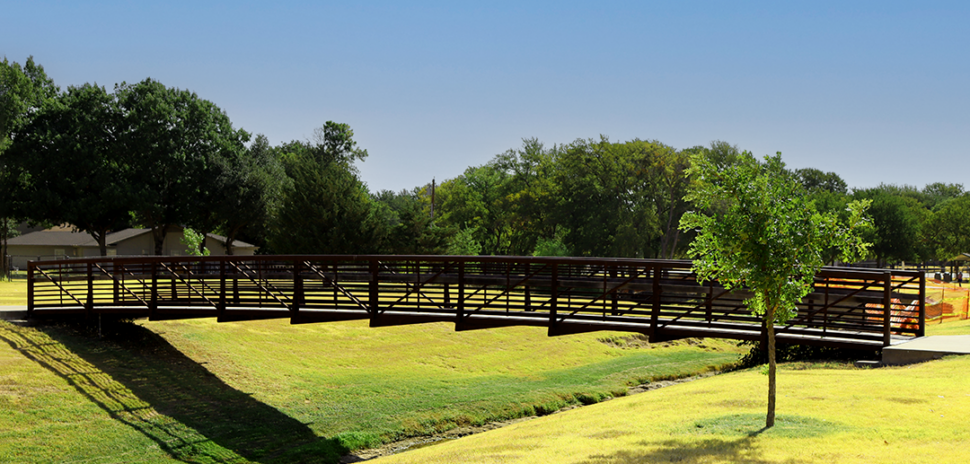Cybersecurity researchers at the University of North Texas have new funding worth up to $750,000 from the NSA for cybersecurity research.
There are 750,000 unfilled jobs in the cybersecurity industry, according to a university news release. The grant award supports a new online platform to find out why—and make it easy for employers to find talent through an online database.
The platform will also help cybersecurity experts better understand the intent behind emails, social media posts, and blog posts to identify threats.
“There are other governments spying on us all the time,” UNT’s Ram Dantu said in a statement. “You see lots of news about ransomware attacks and cyber attacks, and some of these are done by foreign agencies.”
“We need a large workforce to combat this, and we don’t have the workforce,” he added.
The director of UNT’s Center for Information and Cyber Security is a principal investigator in the project, along with UNT’s Mark Thompson, a clinical assistant professor of computer science and engineering.
NSA’s National Centers of Academic Excellence-Cybersecurity Grant
Dantu, who is also a professor in UNT’s College of Engineering, and Thompson will receive $500,000 for the first two years and an estimated $250,000 increment for the third year from the National Security Agency’s National Centers of Academic Excellence-Cybersecurity, or NCAE-C.
UNT’S Network Security Laboratory, led by Dantu within the Department of Computer Sciences, has been awarded two consecutive federal grants from the NSA and NSF.
“Our lab considers how we want to use the technology and research for the benefit of our communities and our citizens,” Dantu said.
Building an online cybersecurity platform
Now Dantu and Thompson will help build the NCAE-C’s online platform that collects and compiles cybersecurity-related data using natural language processing and artificial intelligence techniques.
The website project is part of the NCAE-C’s Careers Preparation National Center.
The data is about the current state of the industry and the intentions of employers who post jobs is being compiled to help understand why the cybersecurity industry has so many unfilled jobs.
In addition to an online database that makes the platform easy for employers to find talent, the website also will include a tool to make sure that education matches the skills needed in the industry.
It has other applications that are important, too, UNT says. That includes threat identification.
“The government is looking at the advancement of hacks and threats facing future technologies,” UNT’s Ram Dantu said in a statement. “We’re working on how to detect and mitigate these next-generation threats in our lab.”
Back-to-back grants and numerous projects
Dantu, who works on multiple NSA-funded projects, has received a total of $2.5 million in grants in about two years. Together with UNT associate professors of computer science and engineering Kirill Morozov and Sanjukta Bhowmick, he helped create a way for cell phone data to be shared safely and anonymously to find COVID-19 super-spreader events in the pandemic. Using data from mobile devices to make anonymous contacts was a part of the work that helped find active spreaders and communities.
Thompson aims to help increase the numbers and quality of cybersecurity experts. He researches and develops competency assessment instruments for work skill readiness for cybersecurity, as well his mentorship programs for doctoral students and industry practitioners to produce highly qualified academic staff. His goal? To inspire and motivate the next generation of cybersecurity experts.
![]()
Get on the list.
Dallas Innovates, every day.
Sign up to keep your eye on what’s new and next in Dallas-Fort Worth, every day.


































































